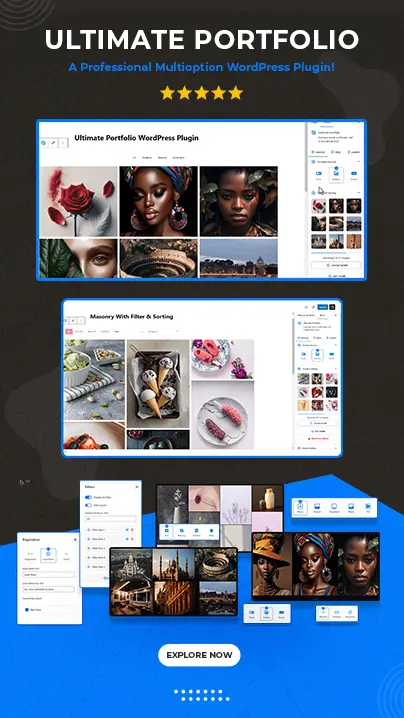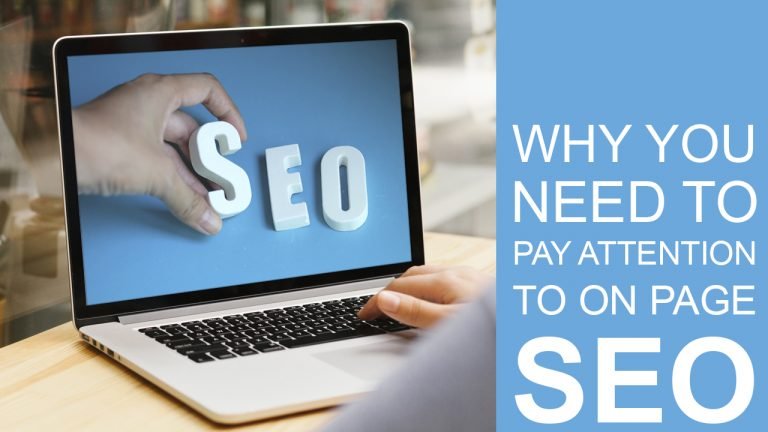
On Page SEO should play a huge role within your SEO strategy.
It is the practice of optimizing certain factors that change the content or code of your page as opposed to ‘off page’ SEO which focuses on practices such as link building.
Getting on page optimization right is crucial if you wish to rank that page within the SERPs.
You need to make it as easy as possible for search engines to crawl, understand and index your content so that it appears in their results for relevant search terms.
The more effective you are with on page SEO, the higher your page will rank.
On Page SEO Factors
There are a large number of factors you need to consider when you start optimizing your page, however not all factors are equal in strength.
We will take a close look at the top 5 factors that you MUST pay close attention to when performing SEO on any page.
Top 5 On Page SEO Factors
#1 – Mobile Responsive
As more and more people use their phones for browsing websites, search engines such as Google now take this into account when reviewing your site. Which means if your website is not mobile-friendly you will get penalised.
So you need to ensure that your page loads and is formatted correctly.
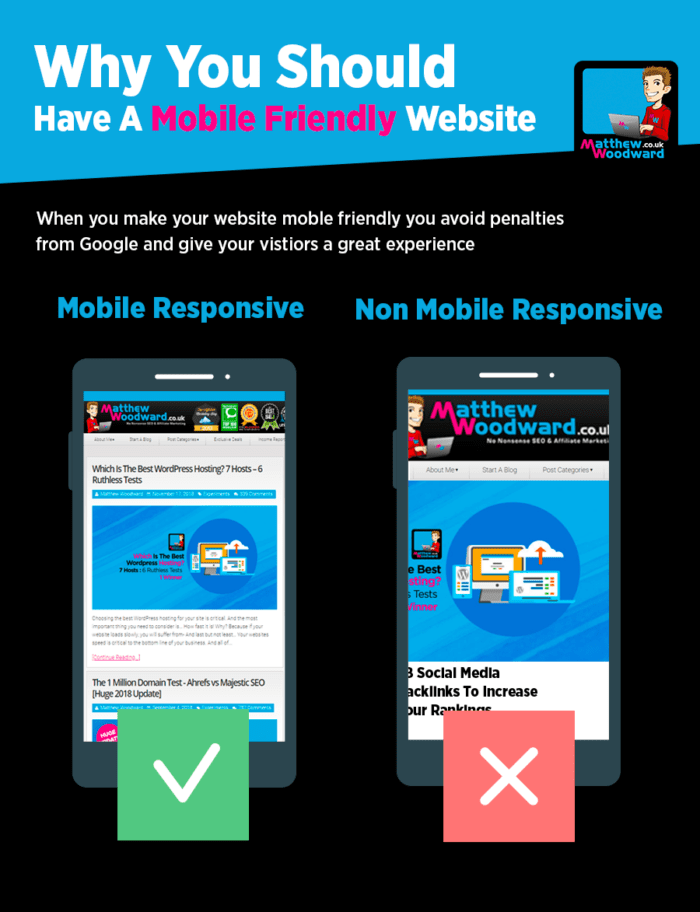
You can easily check this by using Google’s mobile friendly testing tool.
#2 – Site Speed
The speed in which your page takes to load has a huge effect on how many of your visitors stay on your page.
For example:
If a page takes longer than 3 seconds to load you are waving goodbye to up to 40% of your visitors.
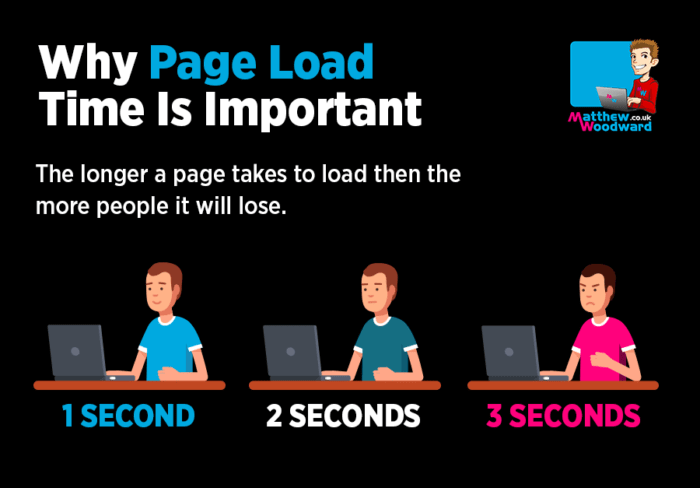
Google now takes user engagement seriously and understands that on page speed is a big factor and so they have actually made site speed an official ranking factor.
And the best bit… it is completely within your control.
Test your site speed with a tool like GT Metrix and use Google’s tool to see just how much money you could make by improving your site speed.
#3 – Keyword At The Start Of Your Title Tag
Believe it or not… but doing something as simple as having your keyword at the beginning of your title tag gives you a huge advantage.

This is because you are showing the search engines the main topic within milliseconds of them landing on your page.
But… you need to remember to write your title tags for humans and not bots so where possible have your keywords at the beginning or within the first 5 words but if this does not make sense… either don’t do it or use Yoast to create a few different title tags.
#4 – Internal Link Building
External linking is considered an off page SEO tactic, however internal linking is a massively underused on page SEO strategy that has many benefits.
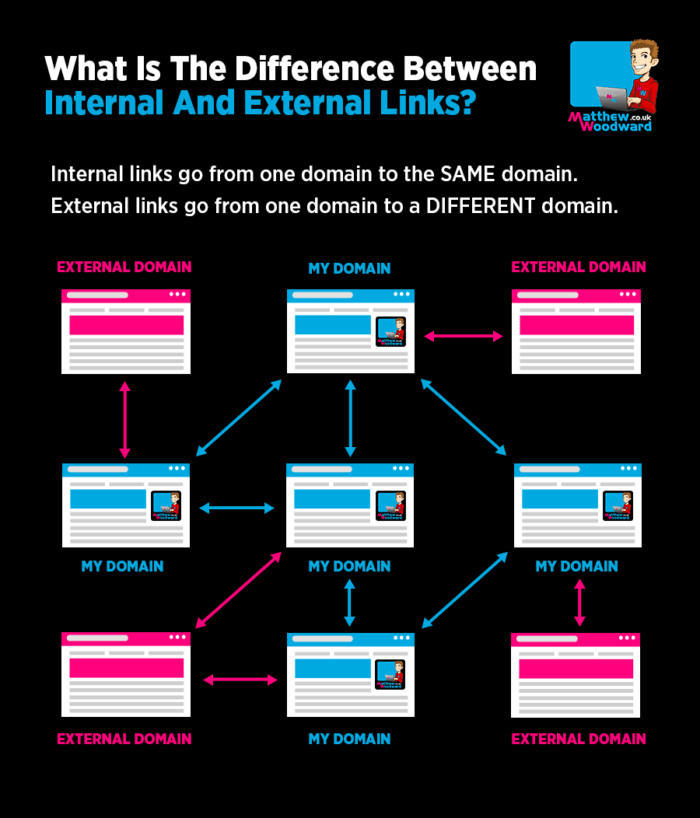
Internal links have 3 main benefits:
- Indexing – placing internal links to newly published content helps Google find it faster.
- Rankings – internal links signify to Google how important a page is on your website.
- Earnings – you can direct traffic with internal links to your high conversion pages.
#5 – Length Of Content
Length of content is very important and it is normally the case that long-form content usually outperforms short-form content.
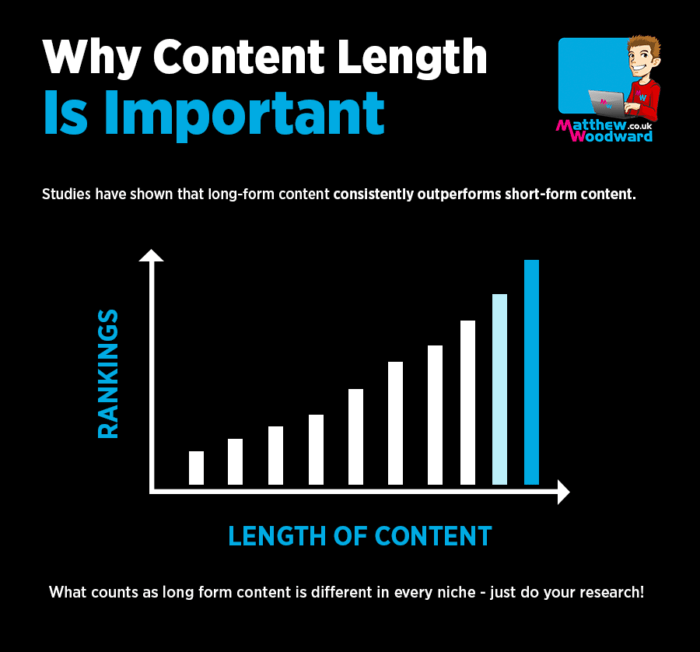
But you need to do a bit of research as not one size fits all here.
You need to review the SERPs and see what the general content length is of the sites that are in the top spots for your keyword.
For example if there’s a bunch of 500-word articles ranking, there’s no need to write 5,000 words in your own content.
Complete List Of Factors
We have looked at the top 5 most effective on page SEO factors – now it’s time to take a quick look at all the other factors you need to review…
- Page Title In H1 Tags – This will help your title stand out to Google’s crawlers
- Keyword In URL – A small ranking factor that should be part of your SEO
- Length Of URL – Crawler bots like short and simple URL’s as it saves them time to figure out the site.
- Keyword In Meta Description – Boost pages overall ranking by including the keyword
- Content Structure – Ensure your content allows for quick navigation with clear headings and images.
- Unique Content – Avoid duplicate content like the plague because Google does too.
- Content Reading Level – Write for your audience level. If it’s a beginner guides you should write at a basic level etc..
- Keyword In The First 50-100 Words – The sooner Google bots find your keywords the better.
- Subheading H2 Tags – Help Google crawlers further define content.
- LSI Keywords – Include words and phrases that relate to your keyword.
- Synonym Rich Content – Try using keywords that are synonyms to rank for extra keywords.
- Keyword Order – Mix up your keywords so you aren’t using the exact same phrases all the time.
- Outbound Links – Include outbound links to demonstrate value to the search engines.
- Inbound Links – These links make your website much easier to crawl and add loads of SEO value.
- Working Links – Make sure all links on your website work. Broken links can do a lot of damage.
- Optimized Image Alt Tag – Crawlers can’t see images so this helps them understand what it is.
- HTTPs Security – Keep your site secure with Symantec SSL Certificate and Google will thank you for it
- Length Of Dwell Time – Keep people on your page and Google will interpret this as quality content.
- Bounce Rate – Lower your bounce rate by keeping your visitors interested.
- Depth Of Content – Add depth by using relevant detail.
- Use of Multimedia – This will increase social shares and the content will be perceived as having a higher value.
- Freshness Of Content – Keep content up to date. This will attract more visitors and promote higher rankings
- Spelling & Grammar – Mistakes won’t kill your website but they won’t do you any favours either
That’s A Wrap
There are lots of factors that become part of your normal routine when writing and publishing content however whether you are an SEO newbie or an experienced old hat… keeping an On Page SEO checklist to hand is a smart move.
Some on page factors are quick and simple to implement and others may take a bit longer to process but your visitors and the search engines will surely thank you for it.
About Author

Matthew Woodward has over 15 years of experience in the SEO and digital marketing world and started sharing his knowledge through his blog in 2012 which has since picked up a number of awards. He has worked with and helped thousands of people not only meet but exceed their online business goals.
